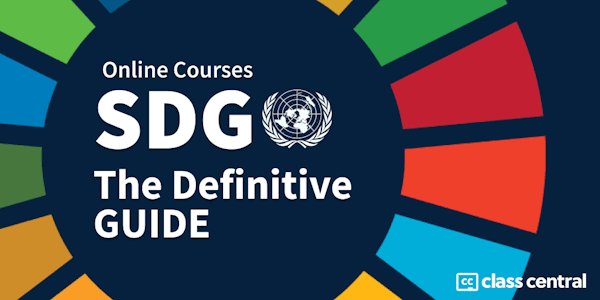The MOOC is a project developed by the Columbia Center on Sustainable Investment (CCSI); supported by the African Legal Support Facility, Anglo American, and Ford Foundation; produced by Econ Films; and hosted by SDG Academy. To learn more, pleaseclick here.
The Paris Agreement on Climate Change and the Agenda 2030 outline a global consensus on the interlinked needs to curb human-induced climate change and achieve sustainable development. The underlying transformations needed to achieve climate goals and other Sustainable Development Goals (SDGs) include the rapid decarbonization of our global energy systems and economies, and a scale-up of new technologies to meet the needs of a growing population. Mining and materials are at the heart of these sustainable development transformations and present both challenges and opportunities. Despite the important implications for mining investments and mineral-rich governments, the world still lacks a coherent vision to guide global actors in shifting the course of mining projects and mining companies in a way that leads to deep decarbonization; protects and preserves our fragile ecosystems; addresses the development needs of resource-dependent, low-income countries; and respects the rights and interests of impacted communities.
This course examines these challenges and opportunities and how we can pursue all these transformations in a manner consistent with human rights, poverty elimination, social inclusion, protection and preservation of ecosystems, and economic development.
This course is for:
- Mid- to senior-level government officials, members of parliament, and parliamentary staffers;
- Civil society leaders with a track record of analysis, oversight, and policy advocacy related to mining, the environment, climate action, or a just energy transition;
- Professors, researchers, graduate students, and other academics undertaking applied research or teaching on mining, the environment, climate action, or a just energy transition;
- Professionals from development agencies , including aid agencies and international financial institutions;
- Representatives from extractive industry or renewable energy companies and associations such as chambers of energy and minerals or industry think tanks; and
- Anyone interested in the role of extractive industries in the energy transition.



